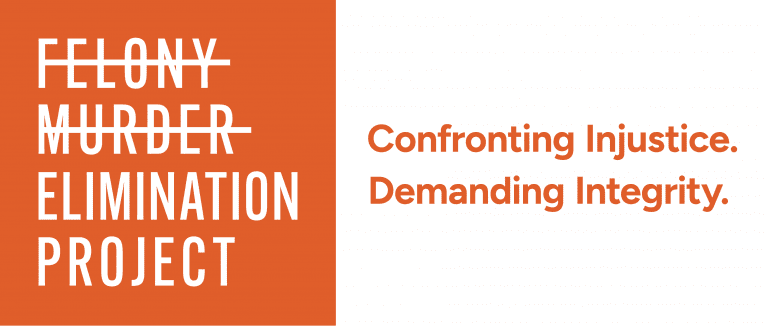Nearly one of every two Americans has had an immediate family member incarcerated, with Black people being more likely than white and Hispanic people to experience this. That’s a problem, in part, because having a relative in prison is expensive, a significant factor to the hidden costs of mass incarceration in the United States.
According to a June 2025 report from FWD.us, an advocacy organization aimed at criminal justice reform, having a loved one in prison or jail is estimated to cost US families $350 billion each year, a number nearly four times the amount the federal government estimates it costs taxpayers annually to operate the nation’s prisons and jails.
On average, people with a family member behind bars spend around $4,000 a year on their incarcerated loved ones, the report says. Families lose income too, before and after incarceration. During prison or jail time, the person behind bars can no longer make much money themselves, and often other family members have to adjust, often by staying home or cutting their hours, for instance, to care for children. And even afterward, the person incarcerated and their family members often keep making less money, the report found.
The FWD.us report comes at a time when incarceration rates across the U.S. are rising again after more than a decade of decline. Felicity Rose, the Vice President of Criminal Justice Policy and Research at FWD.us , says it comes at a time when Americans are worried about affording basic necessities, like housing and food.
“We thought it was really important to help bring those issues together so people can see how they’re related, because they are related. There’s a lot of people and families in this country who are impacted by incarceration. And the numbers that we had about how that impact was felt were really not comprehensive enough,” says Rose.
The study has its limitations. Survey respondents estimated many of the costs themselves, for instance. The findings reached by other organizations on how much prison and jail actually costs people also vary widely. In 2017, for instance, the Prison Policy Initiative estimated the country’s prison and jail systems cost taxpayers and the families of incarcerated people around $180 billion per year.
But Peter Wagner, executive director of the Prison Policy Initiative, says specific numbers aren’t as important as simply the act of trying to quantify what incarceration does to families.
“The value of that number is that it’s a way to say that this matters,” he says. “That number is typically more than anyone would imagine, and it’s a number that, when you look at it in the context of poor families, is completely inappropriate … What you end up with is a very expensive, inefficient way to make poor people have a harder time to succeed.”
You can read the full report, “We Can’t Afford It: Mass Incarceration and the Family Tax” from FWD.us, a bipartisan political organization that believes America’s families, communities, and economy thrive when more individuals are able to achieve their full potential.



